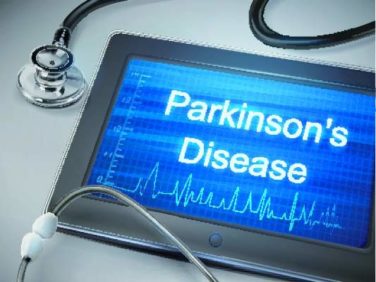Very little evidence exists for how to avoid using seclusion and restraints when de-escalating aggression in psychiatric patients in acute care settings, a recent report from the Agency for Healthcare Research and Quality shows.
Historically, aggression in patients has been met with either involuntary placement of the patient in a secured area, or with the involuntary administration of some form of restraint, which might be mechanical, pharmacologic.
Since the late 1990s, however, the Centers for Medicare & Medicaid Services and the Joint Commission have required using seclusion and restraints only after less restrictive measures have failed. Nearly two decades since, those requirements have been universally in force. “Despite practice guidelines advocating limitations of the use of seclusion or restraints as much as possible,” the interventions are used for 10%-30% of patients admitted to acute psychiatric units in the United States and Europe, the authors wrote.
Yet, when reviewing strategies such as creating a calm environment, medication modifications, staffing changes, training programs, and peer-based interventions, only risk assessment had “any reasonable evidence” that it is an effective method for avoiding aggression in psychiatric patients in nonpsychiatric hospital settings compared with usual care, the investigators found.
“The current evidence base leaves clinicians, administrators, policymakers, and patients without clear guidance,” they wrote, noting that even the strength of the favorable evidence is “at best, low.”
The findings suggest that policymakers are at a disadvantage for measuring performance improvement of these kinds of facilities seeking to reduce their use of seclusion and restraint. The authors asked, “What is the role of quality measures, designed to create incentives to improve the quality of care, when the evidence base for those measures is unclear?”
For the review, patient aggression was defined as making specific imminent verbal threats, or using actual violence toward self, others, or property. The review spanned the literature published between January 1991 and February 2016, and focused on studies with adults having a diagnosed psychiatric disorder, including delirium, who received interventions targeting aggressive behavior in acute care settings. Studies of psychiatric hospitals were excluded, since such facilities often use multimodal strategies that are not suitable for acute care settings that do not care for long-term patients with chronic psychiatric diagnoses.
The studies reviewed had as their primary outcomes either or both data on decreased aggression in terms of frequency, severity, or duration; and a reduction in the use of seclusion and restraints. Ultimately, out of 1,921 potentially relevant citations, the investigators found a combined total of 11 randomized, controlled trials and cluster randomized trials that qualified for their evidence review, the authors wrote in the report’s executive summary .
Finding strong evidence for any one method of de-escalation was complicated by studies that did not adhere to strict use of cluster randomized trial protocols, or did not report precise correlations between specific, targeted interventions for patients actively exhibiting aggression. In addition, the interventions themselves often were described inexactly, or as a matrix of interventions, making them difficult to classify. The reviewers also complained in their report about the absence of data on treatment effect modifiers.
The current evidence base leaves clinicians, administrators, policymakers, and patients without clear guidance,” they wrote, noting that even the strength of the favorable evidence is “at best, low.” Evidence for how to de-escalate active aggression was “even more limited” according to the authors.
Until more evidence is gathered and reviewed, policymakers could find themselves wondering whether “implementation decisions [should] be delayed until more evidence becomes available,” they wrote.
The AHRQ’s Effective Health Care Program produced the report, titled “Strategies to de-escalate aggressive behavior in psychiatric patients.”
On Twitter @whitneymcknight



